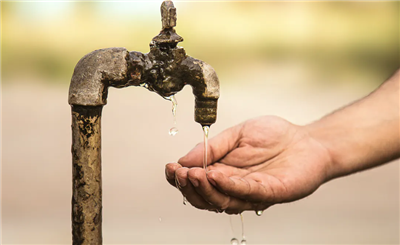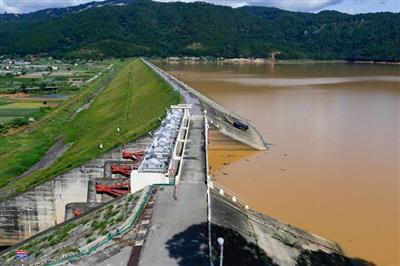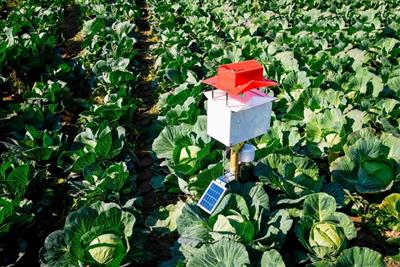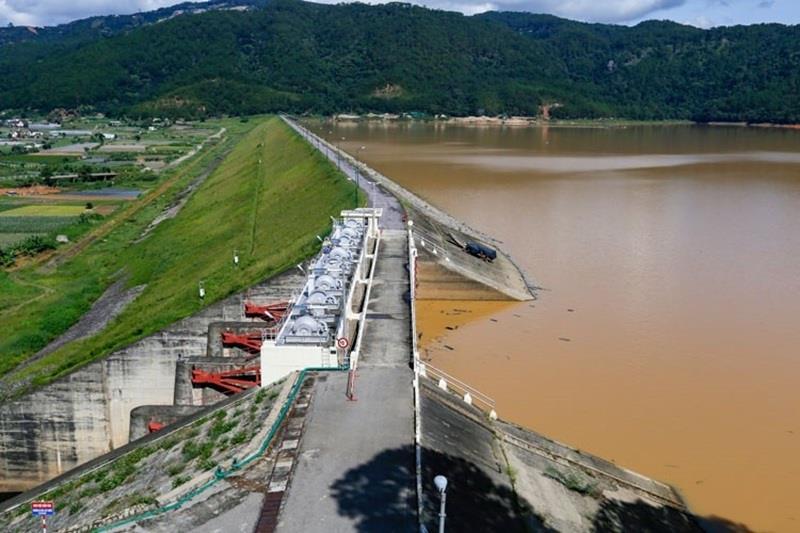
Venezuela enters glacier-free era as last ice field shrinks
16/05/2024TN&MTRising temperatures have made Venezuela the first country in modern history to lose all its glaciers. By 2011, five glaciers had vanished, leaving only the Humboldt glacier, also known as La Corona, in the Sierra Nevada National Park. This final glacier has now melted so significantly that scientists have reclassified it as an ice field.

The last Humboldt Glacier, now static, has shrunk to 2 hectares, downgraded to an ice field
First country in modern history to lose all its glaciers
Venezuela has lost its final glacier, shrinking into an ice field as scientists reclassify the once-majestic Humboldt Glacier, also known as La Corona. This loss marks Venezuela as potentially the first country in modern times to bid farewell to all its glaciers.
Situated within the Sierra Nevada de Mérida mountain range, Venezuela was once home to six glaciers. However, the relentless march of climate change has claimed all but one by 2011—the Humboldt Glacier—nestled close to the country's second-highest peak, Pico Humboldt.
Projections initially suggested Humboldt Glacier could withstand the warming climate for another decade. However, political turmoil in the nation hampered monitoring efforts, allowing its demise to accelerate unnoticed. Recent assessments reveal Humboldt Glacier has melted at an alarming rate, shrinking to less than 2 hectares. Consequently, it has been reclassified from a glacier to an ice field.
Maximiliano Herrera, a noted climatologist, suggests that while other nations lost their glaciers decades ago, Venezuela's plight signals a contemporary environmental crisis. He predicts Indonesia, Mexico, and Slovenia are likely next in line to lose their glaciers.
Luis Daniel Llambi, a mountain ecologist at the University of the Andes, notes Venezuela's glacier loss mirrors what's to come across the Andes, from Colombia to Bolivia, as rising temperatures continue to drive glacial retreat.
Impact of Venezuela's lost glaciers
The failed attempt by the Venezuelan Government to protect the Humboldt glacier by covering it with a geotextile blanket in December drew criticism from conservationists concerned about potential ecosystem contamination from the degrading fabric. This loss of Venezuela's glaciers underscores the urgent need for global action against climate change. As temperatures rise, glaciers worldwide face a similar fate, with dire implications for ecosystems and communities reliant on their freshwater reserves.
Luis Daniel Llambi likens Venezuela's situation to a harbinger of what will occur from north to south in the Andes as glaciers continue to retreat. While some efforts, like the installation of a thermal blanket to stall melting, are made, experts regard them as futile.
The disappearance of Venezuela's glaciers not only signifies the loss of physical ice but also of invaluable ecosystem services, cultural significance, and tourism opportunities. Caroline Clason, a glaciologist at Durham University, emphasizes the broader implications, highlighting the changes to global cryospheric environments under ongoing climate change.
The rapid decline of Venezuela's last glacier, the Humboldt, signals the urgency of the situation. Despite predictions in 2019 that it could persist for another two decades, it has already shrunk significantly. Monitoring efforts, hampered by political instability, reveal the profound changes occurring in the mountain ecosystems. As the ice retreats, new ecosystems resembling the páramos may emerge, albeit amidst uncertainty regarding adaptation and conservation efforts.
While Venezuela's glacier loss may have less direct impact on water provision compared to other South American nations, the implications are profound. Glaciers are not only vital water sources but also integral components of cultural identity and tourism.
As Venezuela mourns the loss of its glaciers, the global community faces a stark reminder of the urgent need for climate action. Similar challenges loom for other nations, with Indonesia, Mexico, and Slovenia poised to lose their final glaciers. The fate of these icy sentinels underscores the collective responsibility to address climate change and safeguard our planet's precious resources for future generations./.
Ngoc Huyen (Reuters, Euronews, The Guardian)
















